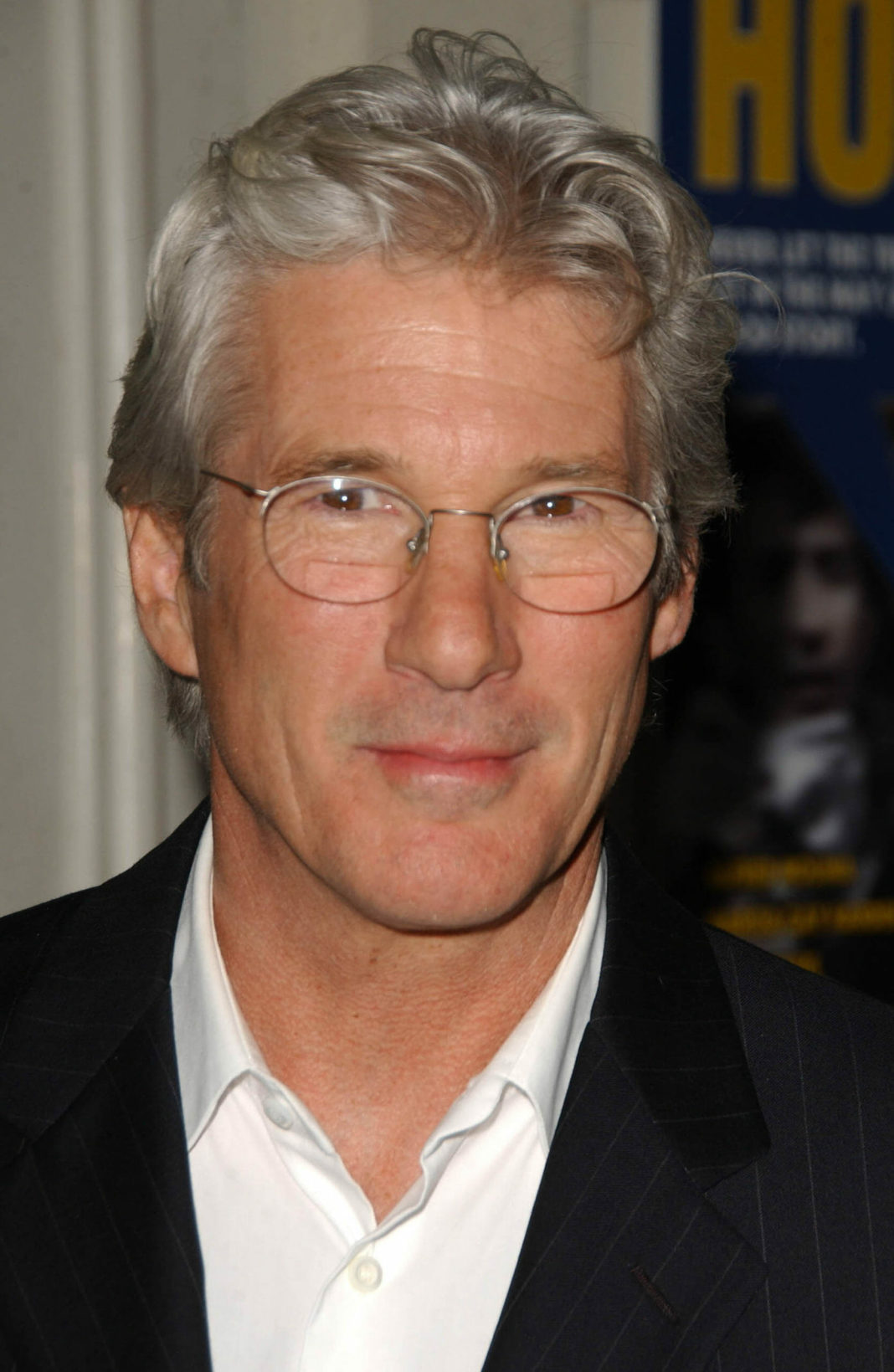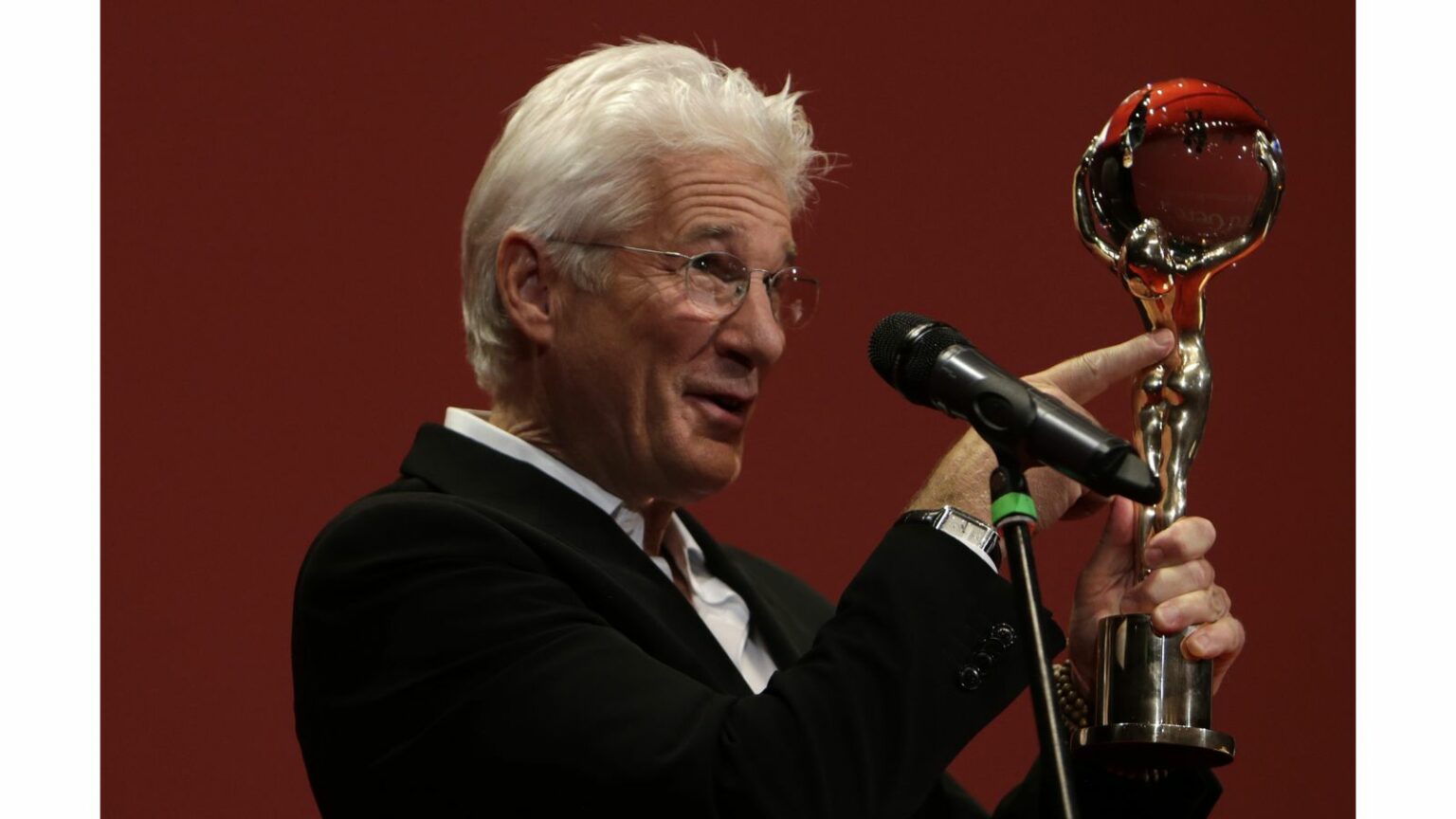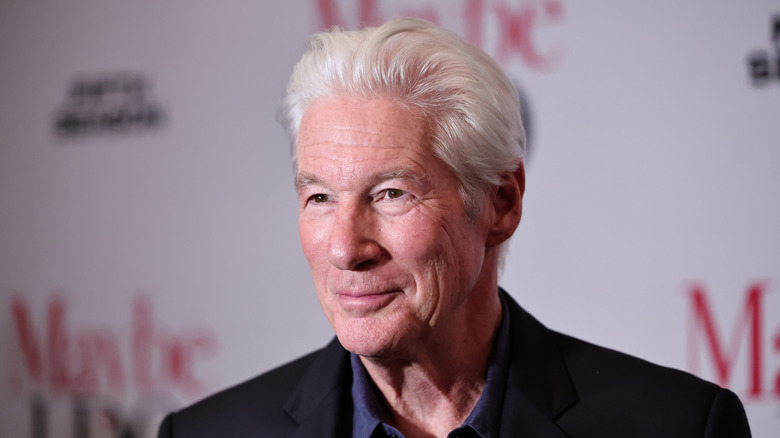Richard Dawkins And
Richard Dawkins and His Public Ideas
For close to fifty years, a name that has truly stood out in the world of science and public discussion is that of Richard Dawkins. This individual has, in some respects, gained a level of widespread recognition that is quite uncommon for someone whose main work is in scientific fields. His thoughts and writings have sparked many conversations, reaching people far beyond academic circles, which is rather interesting to think about.
He is, you know, a British evolutionary biologist, someone who studies animals, a person who talks about science to the public, and an author who has written many books. His career has seen him hold important positions, like being an emeritus fellow at New College, Oxford, and serving as a professor for the public understanding of science at the University of Oxford for a good number of years. He also, actually, lends his insights to the advisory board of the University of Austin, which is pretty neat.
His way of communicating, often described as having a certain kind of confident, well-spoken style, has helped him connect with different audiences across various ways of sharing ideas. From his early life in Kenya to his current work, Richard Dawkins has remained a figure who prompts people to think deeply about science, belief, and our shared understanding of the world, and that, is that, a pretty big deal for many.
Table of Contents
- Richard Dawkins - A Look at His Life Story
- What is Richard Dawkins Known For?
- How Has Richard Dawkins Shaped Public Conversation?
- Richard Dawkins - What About His Work Today?
Richard Dawkins - A Look at His Life Story
Richard Dawkins, who came into the world on March 26, 1941, has, in some respects, lived a life deeply involved with scientific exploration and the sharing of knowledge. He is, you know, a British person by nationality, and his work has centered on understanding how living things change over time and how animals behave. His path led him to some of the most respected academic places, where he spent many years contributing to the way we think about science and its place in society. He held a special teaching role, the Charles Simonyi Professorship chair, which was all about making science more accessible to everyone, a pretty unique position, to be honest.
Born in Nairobi, Kenya, on that very day in March 1941, his beginnings were far from the academic halls he would later become so well known for. His early life experiences, one might suppose, helped shape the way he looks at the world, a perspective he has shared widely through his writings and talks. He has, apparently, dedicated his efforts to teaching the value of scientific thought and also to promoting a way of life that is not tied to religious beliefs. This dual focus has, in a way, defined much of his public presence and the kinds of conversations he tends to be involved in, which is, you know, quite a broad scope for one person.
| Detail | Information |
|---|---|
| Born | March 26, 1941 (currently 83 years old) |
| Nationality | British |
| Main Occupations | Evolutionary Biologist, Zoologist, Science Communicator, Author |
| Key Academic Roles | Emeritus Fellow of New College, Oxford; Professor for Public Understanding of Science at the University of Oxford (1995-2008); Advisory Board of the University of Austin |
| Notable Works | The Selfish Gene, The God Delusion, The Genetic Book of the Dead |
| Key Contributions | Coined the term "meme," Universal Darwinism, arguments for atheism |
Richard Dawkins and His Early Days
Growing up, Richard Dawkins, who was born in Nairobi, Kenya, on March 26, 1941, started a life that would eventually see him become a very well-known figure in the world of science. His early experiences, while not detailed in the provided information, surely played some part in forming the person he would become, a person dedicated to exploring the natural world and explaining it to others. He is, you know, a British biologist and someone who researches things, and he held a special position, the Charles Simonyi professorship chair, which was set up for the public, which is a pretty unique kind of job, actually.
This professorship, which he held for a time, showed a real commitment to making scientific ideas clear and available to a wider audience, not just those in academic settings. It's almost as if his career was set up to bridge the gap between complex scientific thought and everyday people, which is, in some respects, a very important role. So, from his birth in Kenya to his academic work, Richard Dawkins has consistently aimed to share knowledge and encourage a scientific way of thinking, and that, is that, a constant theme throughout his working life.
What is Richard Dawkins Known For?
Richard Dawkins has, in a way, become a household name for a few big ideas that have truly changed how many people think about life, culture, and belief. His work as an evolutionary biologist has led to some widely discussed concepts, some of which have even entered our everyday language. He is, for instance, known for his work in understanding how life changes over time, and for explaining these often complex ideas in ways that many people can grasp, which is, you know, quite a skill.
For nearly five decades, this individual has, apparently, enjoyed a kind of global recognition that is not often seen among scientists. He has, you see, taken his distinct way of speaking, which some might call eloquent, and used it across many different ways of sharing information, from books to television and even podcasts. This ability to adapt his message has helped him reach a vast audience, making his ideas, for better or worse, quite influential in public conversations, and that, is that, a testament to his communication style.
Richard Dawkins and the Selfish Gene
One of the most important ideas associated with Richard Dawkins comes from his 1976 book, The Selfish Gene. In this work, he, you know, introduced a concept that would go on to shape how many people think about evolution. He, basically, suggested that genes, rather than individual organisms, are the main players in the process of natural selection. This idea, which he later called universal Darwinism, looks at how traits and behaviors are passed down, not just in living things, but also in cultural ideas, which is, in some respects, a very broad way of looking at things.
It was in this very book that the term "meme" was, actually, first used. A meme, as he described it, is a bit like a unit of culture that evolves based on principles similar to those in Darwin's theory of evolution. Think of it as an idea, a style, or a piece of information that spreads from person to person within a culture, much like genes spread in biology. So, this concept of memetics, which is, you know, a theory about how culture changes, has its roots firmly in Richard Dawkins's early work, and it's something that has, pretty much, become part of our everyday talk, too it's almost.
Richard Dawkins and the God Delusion
Another major work that has made Richard Dawkins very well known is his 2006 book, The God Delusion. In this particular book, he, you know, makes a strong case that a supernatural creator, like a god, almost certainly does not exist. He, basically, argues that believing in a personal god is a kind of false belief, something he calls a delusion, especially when there's a lot of information that goes against it. This book, which is, you know, quite direct in its arguments, has made him one of the most famous atheists in the world, which is, in some respects, a big part of his public identity.
His stance in The God Delusion has, apparently, sparked a lot of discussion and disagreement, as you might imagine. He is, actually, someone who is very open about his lack of belief in a god, and he encourages others to think critically about religious claims. The book, in a way, lays out his reasoning for why he believes that faith, without evidence, can be a harmful thing. So, this work, which has been read by many people, has certainly made a big mark on conversations about science, belief, and the place of religion in society, and that, is that, a central piece of his public persona.
How Has Richard Dawkins Shaped Public Conversation?
Richard Dawkins has, in a way, played a significant part in how we talk about science and belief in public spaces. His ability to explain complex ideas clearly, even if sometimes with a certain bluntness, has made him a figure that many people pay attention to. He has, you know, taken his scientific background and used it to weigh in on a variety of topics, from the very nature of life to the role of religion in our societies, which is, in some respects, a very wide range of subjects for one person to cover.
For nearly five decades, Richard Dawkins has, apparently, been a consistent voice, enjoying a kind of global recognition that is not typical for someone primarily working in scientific research. He has, you see, taken his confident, well-spoken manner, often associated with his Oxford background, and applied it to many different ways of communicating, whether through books, television appearances, or online discussions. This adaptability has, in a way, allowed his ideas to spread far and wide, influencing how many people think about big questions, and that, is that, a notable aspect of his career.
Richard Dawkins and Public Understanding of Science
A big part of Richard Dawkins's career has been about making science easier for everyone to grasp. He was, actually, a professor for the public understanding of science at the University of Oxford from 1995 to 2008, a role that shows his commitment to this goal. His writings and talks aim to break down complicated scientific concepts, especially those related to evolution, so that people who aren't scientists can still get a good sense of them. He has, you know, a way of putting things that, while sometimes strong, tends to make the ideas stick with people, which is, in some respects, very effective.
He has, apparently, used his distinct way of speaking to explain things like how genes work and how life has changed over vast stretches of time. His books, like The Selfish Gene, are often praised for making complex biological ideas accessible to a general readership. So, his efforts have, in a way, helped many people gain a better appreciation for scientific thinking and the process of discovery. This focus on clear communication has, you know, truly helped shape how science is talked about outside of academic settings, and that, is that, a lasting contribution he has made.
Richard Dawkins and Modern Cultural Discussions
Beyond his work on evolution and atheism, Richard Dawkins has, in some respects, also become a voice in more recent cultural conversations, sometimes in ways that have caused a bit of a stir. He has, for instance, expressed views on what it means to be a woman, suggesting that these definitions should not go beyond what can be found in chromosomes. In 2021, he, actually, went further, making a comparison between trans people and Rachel Dolezal, a white woman who was, you know, famously known for presenting herself as Black, which caused a lot of talk, to be honest.
These views have, apparently, led to some strong reactions and discussions. He was, for example, one of three people, including Steve Pinker, who decided to step down from the honorary board of the Freedom From Religion Foundation (FFRF). The reason given for this decision was, basically, that the organization had, in their view, become too involved with what they called "extreme gender activism" and was, you know, censoring any objections to these views. So, Richard Dawkins has, in a way, found himself at the center of these very current and often heated debates about identity and free speech, and that, is that, a more recent aspect of his public presence.
Richard Dawkins - What About His Work Today?
Even at 83 years old, Richard Dawkins, who was born in Nairobi, Kenya, on March 26, 1941, continues to be an active voice in public discussions about science, reason, and belief. He is, you know, still very much involved in sharing his ideas and engaging with new audiences through various means. His long career has seen him move from academic roles to becoming a widely recognized public figure, and he still finds ways to put his thoughts out there for people to consider, which is, in some respects, quite remarkable for someone of his age.
He has, apparently, adapted his way of speaking, which some describe as a confident, well-spoken style, to fit different ways of sharing information, showing a real willingness to keep up with the times. His ongoing work, which includes writing and hosting podcasts, means that he continues to be a part of the conversations that matter to many people. So, Richard Dawkins, even now, remains a figure who prompts a lot of thought and discussion, and that, is that, a consistent thread throughout his public life.
Richard Dawkins and Current Projects
Richard Dawkins is, you know, still quite busy with his work, even after many years of contributing to public conversations. He is, for instance, the author of a total of 18 books, which include his well-known works like The Selfish Gene and The God Delusion. His most recent book is called The Genetic Book of the Dead, which shows he is still putting out new ideas for people to read. He also, actually, hosts a podcast called 'The Poetry of Reality,' where he continues to explore different topics and share his thoughts, which is, in some respects, a modern way for him to reach people.
He is, basically, the founder of the Richard Dawkins Foundation for Reason and Science, an organization that aims to promote scientific understanding and secularism. This foundation is, you know, another way he continues to influence public discourse. There are, apparently, also clips from his recent podcast releases that show him in conversation with others, like Alex O'Connor. For example, there's a clip where Jordan Peterson, another well-known public figure, presses Richard Dawkins on his ideas about culture, showing that he is still engaging in lively debates, and that, is that, a pretty consistent part of his public life. He also, you know, had a conversation with Helen J on 'The Poetry of Reality' where they talked about the influence of certain ideas about gender on society and how people view things, which is, in a way, a very current topic.
- Ssniperwolf Naked
- Prince Death Photo
- Partidos De Hoy Copa America
- Monsieur Peanut
- Addison Vodka Porn

Actor Richard Gere has passed on his charm and great looks to his first

Does Richard Gere Play the Piano? - CMUSE

Why Sylvester Stallone's Relationship With Richard Gere Is So Heated